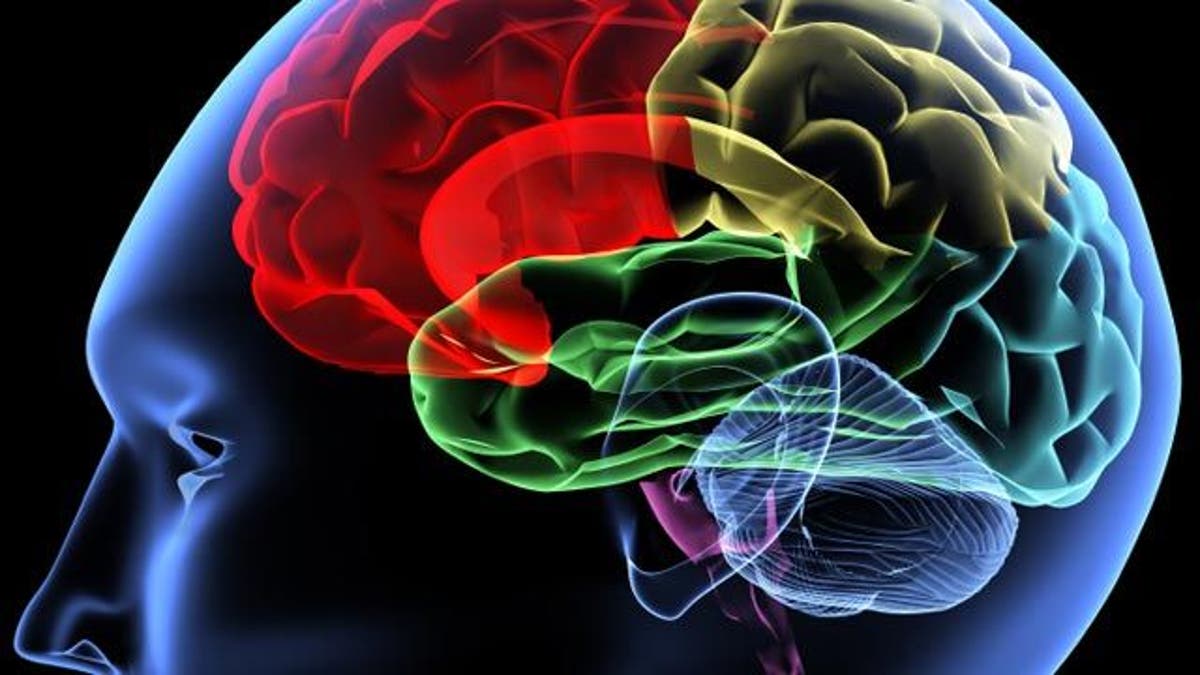
Should depression be treated more like a stroke?
That’s the view of a growing number of researchers developing new psychological treatments that aim to directly target the particular brain dysfunctions and cognitive and emotional processes understood to underlie depression.
The approach is to think of a brain region that goes awry as “more like a muscle that is atrophied,” says Greg J. Siegle, director of the Program in Cognitive Affective Neuroscience at the University of Pittsburgh School of Medicine. “The solution to an atrophied muscle is to rehab it.”
Many of the new treatments involve simple computer games. One technique uses math problems and audio of chirping birds to activate a part of the brain involved in emotion regulation. Another uses pairs of words and faces to train depressed people to disengage from negative emotional stimuli. Other approaches combine computer games with actual electrical stimulation of brain regions.
Research on the new treatments is still in early stages. So far, studies have been small, the results mixed. Scientists are still tinkering with approaches and appropriate doses. The therapies also likely won’t work for everyone. Researchers have found that not every depressed brain looks alike. So treatments that target specific dysfunctions may only be effective for a particular slice of patients. Many scientists believe they will be used to enhance the efficacy of current therapies.
There is a big need for new treatment. Almost 17% of Americans will suffer from major depression during their lifetime, according to a 2012 study published in the International Journal of Methods in Psychiatric Research. Not everyone responds to the current leading therapies, which include antidepressant medications, and psychological approaches such as cognitive behavioral therapy and interpersonal psychotherapy.
In a study published in the American Journal of Psychiatry in 2006 of nearly 3,000 patients taking the popular antidepressant citalopram (brand name Celexa) for up to 14 weeks, only about one-third achieved remission from their depression. (About half of the participants responded to the drug, meaning that their scores on a survey assessing depression symptoms improved by at least 50% during the trial.) Patients often need to try several medications to get relief from their symptoms or need to switch because of bothersome side effects.
